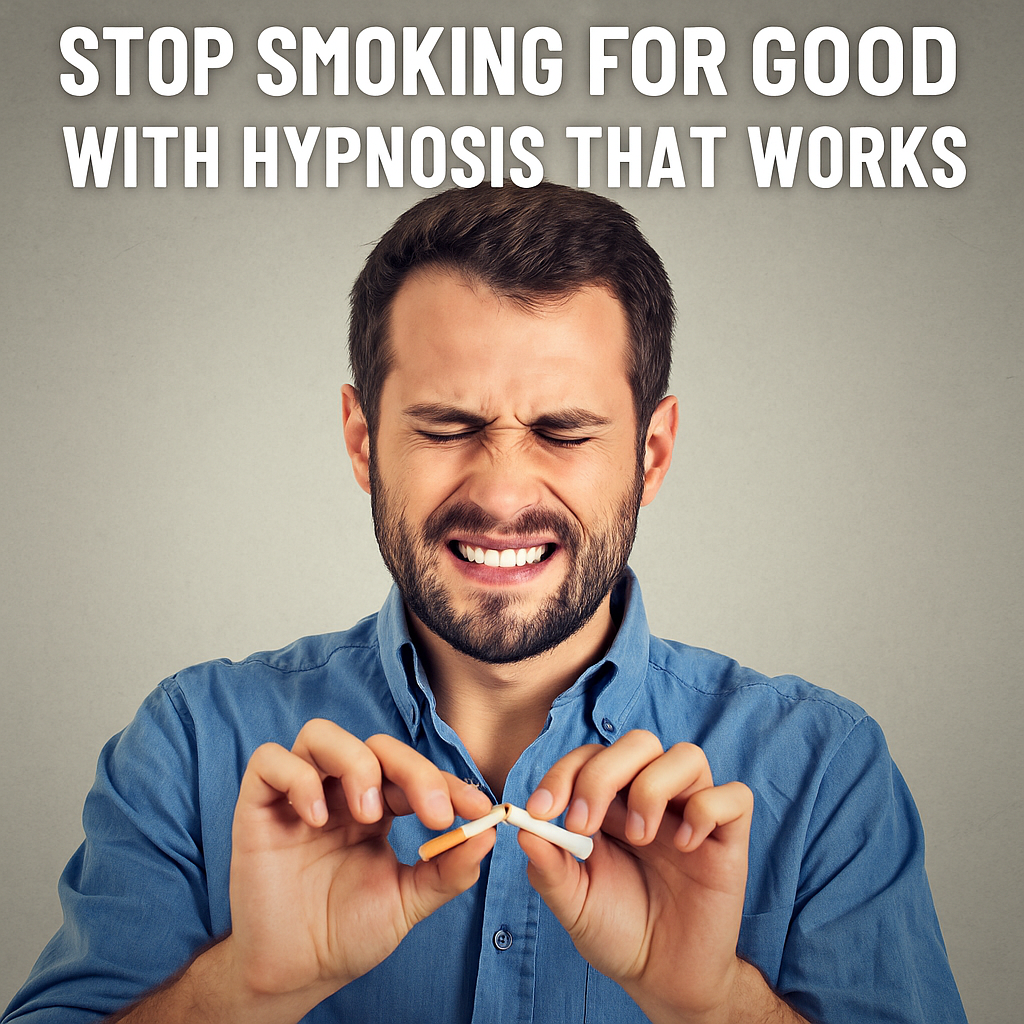How To Overcome the “I’m Not Good Enough” Mindset: Embracing Your True Worth
Do you ever find yourself doubting your abilities, despite evidence of your accomplishments and successes? If so, you’re not alone. Many of us struggle with the deep-rooted belief that we’re not good enough, no matter how much we achieve or how hard we work. This pervasive mindset can hold us back from reaching our full potential and experiencing true happiness and fulfillment. In this article, we’ll explore the common causes of the “I’m not good enough” mindset and provide practical strategies for overcoming it. We’ll also discuss how hypnosis can be a powerful tool in reshaping self-beliefs and boosting confidence.
Understanding the “I’m Not Good Enough” Mindset
The “I’m not good enough” mindset stems from childhood experiences, such as criticism from parents or teachers, bullying from peers, or comparisons to siblings or classmates. Over time, these negative messages become internalized, shaping our beliefs about ourselves and influencing how we perceive our abilities and worth. Despite external evidence to the contrary, we continue to harbor feelings of inadequacy and self-doubt, sabotaging our efforts and holding ourselves back from success.

Practical Strategies for Overcoming the “I’m Not Good Enough” Mindset:
- Challenge Negative Thoughts: Begin by identifying and challenging the negative thoughts and beliefs that fuel the “I’m not good enough” mindset. Whenever you catch yourself thinking or saying self-deprecating statements, ask yourself if they’re based on facts or distorted perceptions. Challenge these thoughts with evidence of your accomplishments, strengths, and abilities.
- Practice Self-Compassion: Treat yourself with kindness and compassion, especially when you’re feeling inadequate or insecure. Remember that everyone experiences moments of doubt and self-criticism, and it’s okay to be imperfect. Practice self-compassion by speaking to yourself in a supportive and understanding manner, just as you would to a friend in need.
- Set Realistic Goals: Break down your goals into smaller, achievable steps, and celebrate your progress along the way. Focus on continuous improvement rather than perfection, and embrace setbacks as opportunities for growth and learning. By setting realistic goals and acknowledging your efforts, you can build confidence and self-esteem over time.
- Surround Yourself with Positivity: Surround yourself with supportive and encouraging people who uplift and inspire you. Seek out mentors, friends, and colleagues who believe in your abilities and cheer you on towards success. Limit your exposure to negative influences, such as critical or unsupportive individuals, and cultivate a positive and nurturing environment.
- Utilize Hypnosis: Consider incorporating hypnosis into your self-improvement routine as a powerful tool for reshaping self-beliefs and boosting confidence. Hypnosis works by accessing the subconscious mind and reprogramming limiting beliefs and thought patterns. Through hypnotherapy, you can release negative self-talk, cultivate self-acceptance, and develop a deep sense of worthiness and confidence.
How One Belief Away Hypnosis Can Help
Hypnosis Can Help
One Belief Away Hypnosis
can be an effective tool in overcoming the “I’m not good enough” mindset by accessing the subconscious mind and replacing negative beliefs with positive affirmations. During hypnotherapy sessions, a trained therapist guides you into a relaxed state of consciousness where you’re more receptive to suggestions for change. Through visualization, repetition, and positive reinforcement, you can rewire your brain to believe in your worthiness and capabilities.
Hypnosis
can be an effective tool in overcoming the “I’m not good enough” mindset by accessing the subconscious mind and replacing negative beliefs with positive affirmations. During hypnotherapy sessions, a trained therapist guides you into a relaxed state of consciousness where you’re more receptive to suggestions for change. Through visualization, repetition, and positive reinforcement, you can rewire your brain to believe in your worthiness and capabilities.
Additionally, hypnosis can help uncover the underlying causes of your self-doubt and address them at their root. By exploring past experiences and reframing negative beliefs, you can release emotional baggage and embrace a more empowering narrative about yourself.
Overcoming the “I’m not good enough” mindset is a journey that requires patience, self-awareness, and self-compassion. By challenging negative thoughts, practicing self-compassion, setting realistic goals, surrounding yourself with positivity, and utilizing hypnosis, you can break free from the grip of self-doubt and embrace your true worth.
Remember that you are capable, deserving, and inherently valuable, just as you are. With dedication and support, you can rewrite the script of your inner dialogue and live a life filled with confidence, purpose, and fulfillment.
To learn more about what hypnosis is and experience a FREE session, watch my program.
The post How To Overcome the “I’m Not Good Enough” Mindset: Embracing Your True Worth first appeared on Indy Hypnosis Center.



